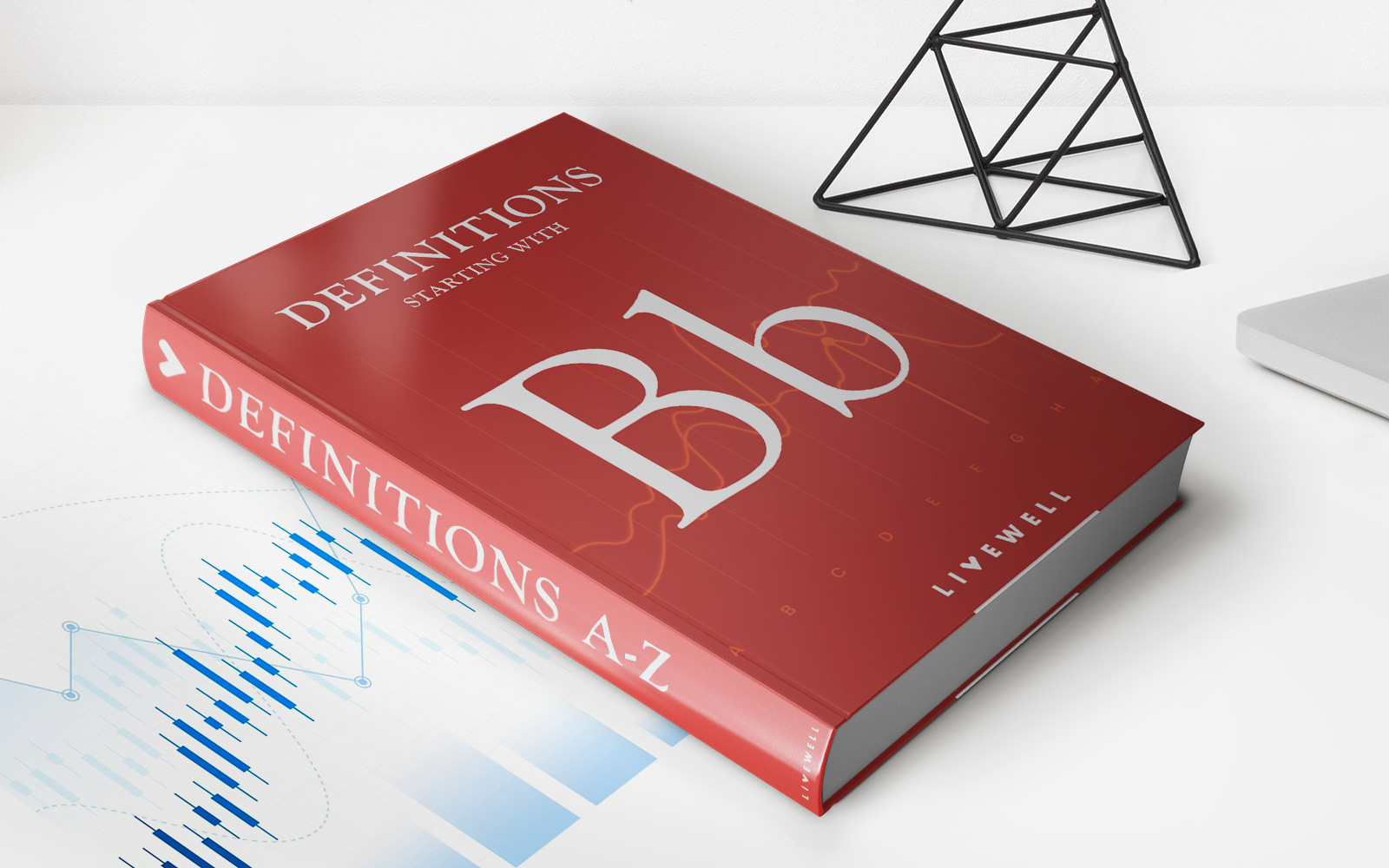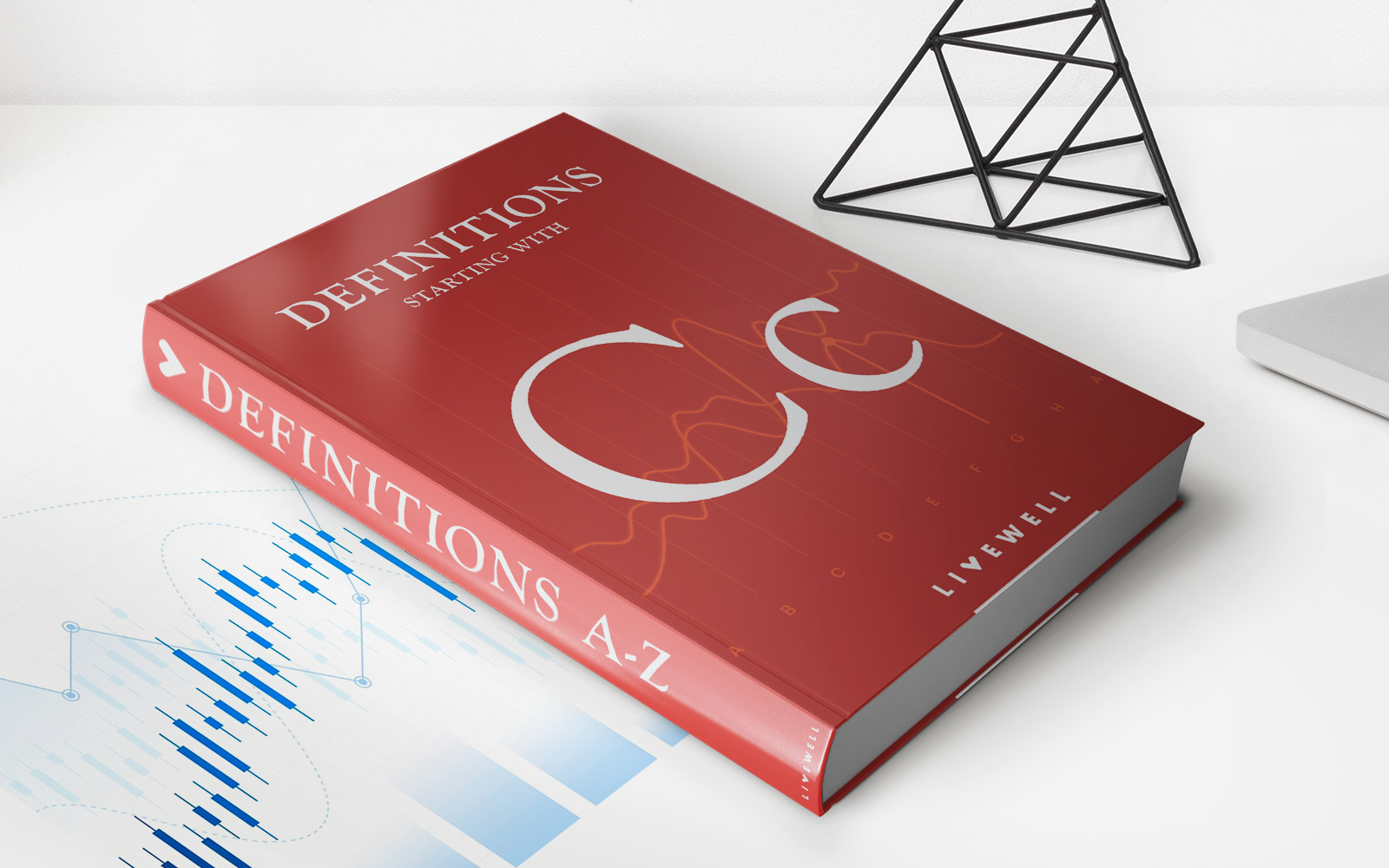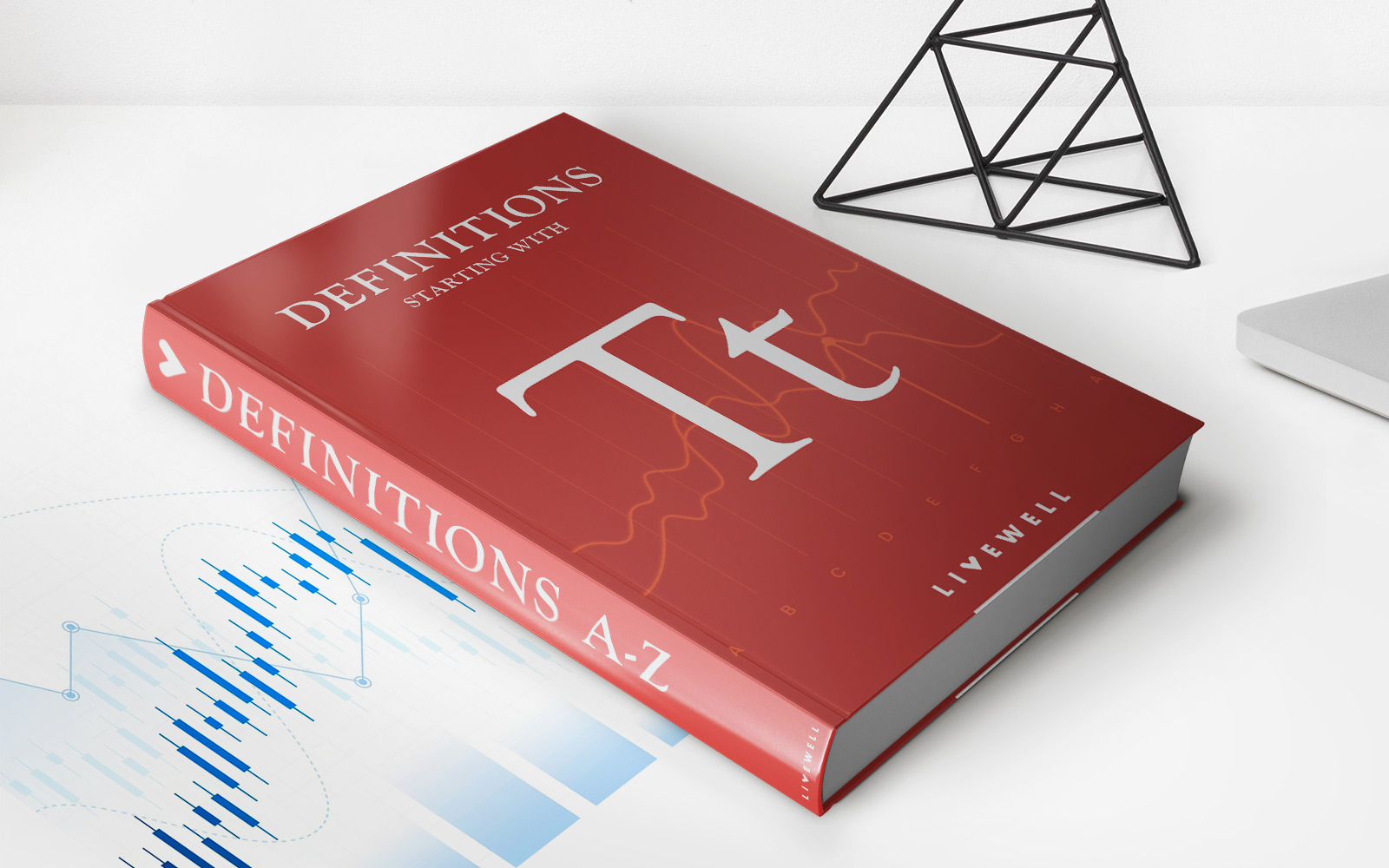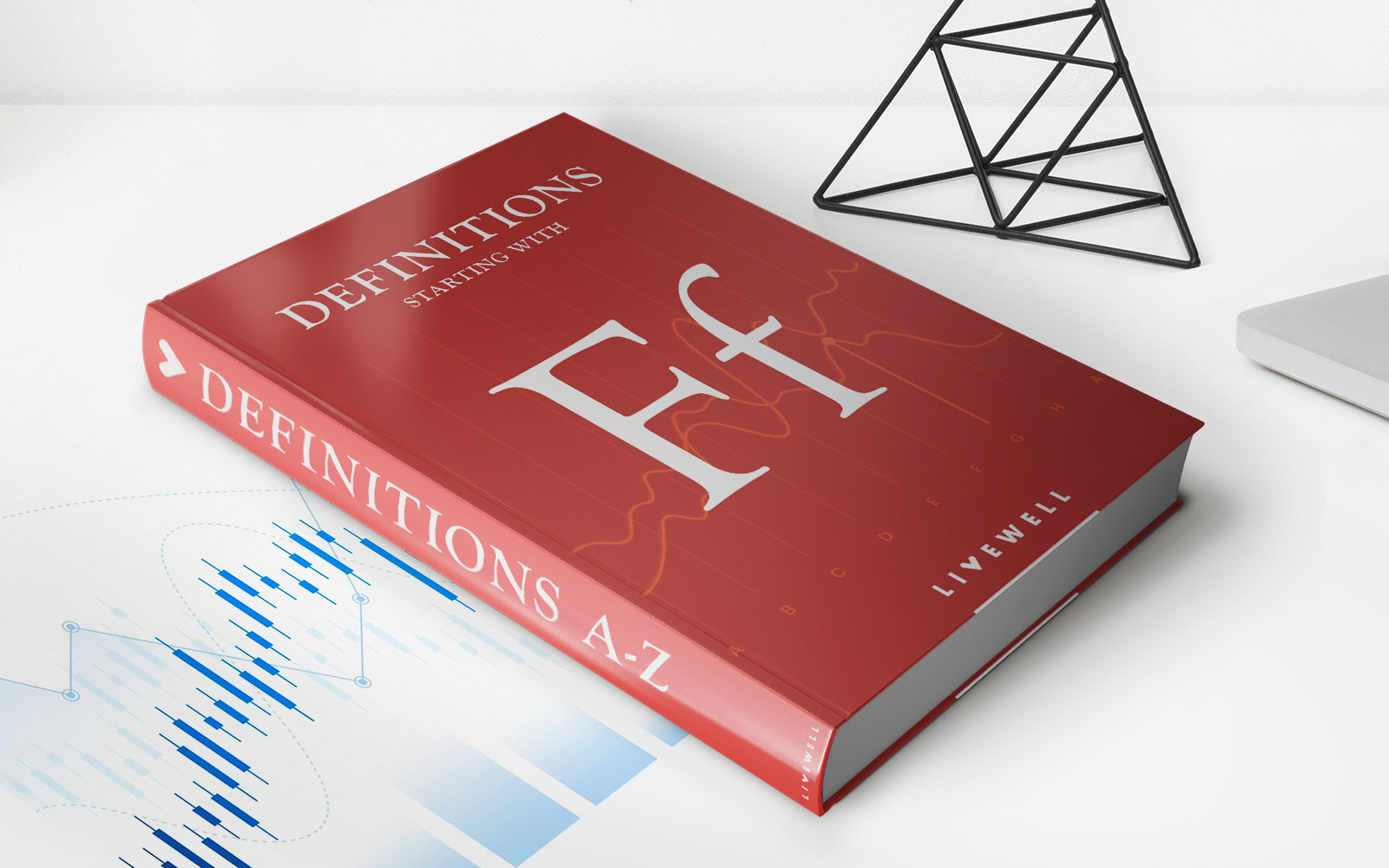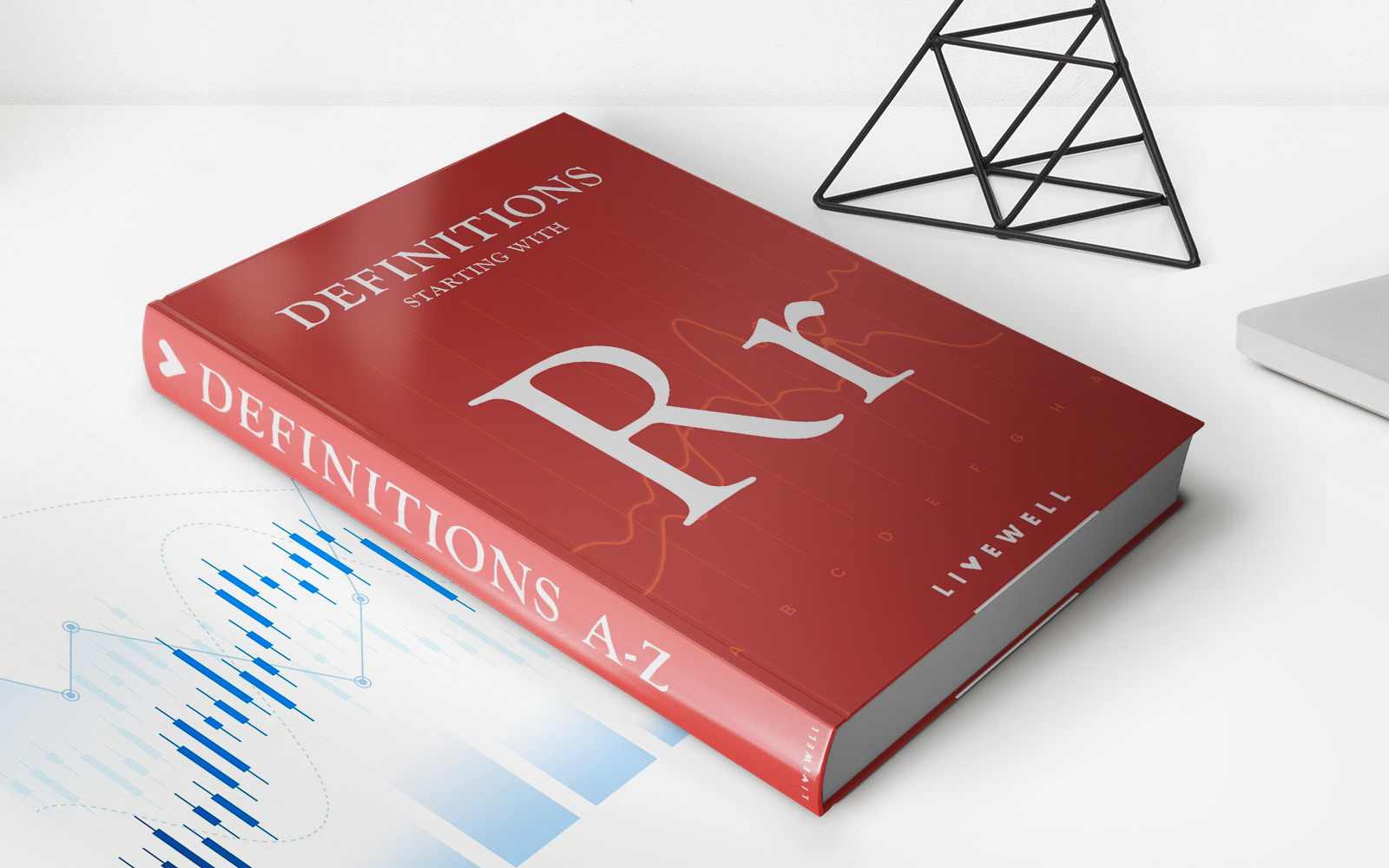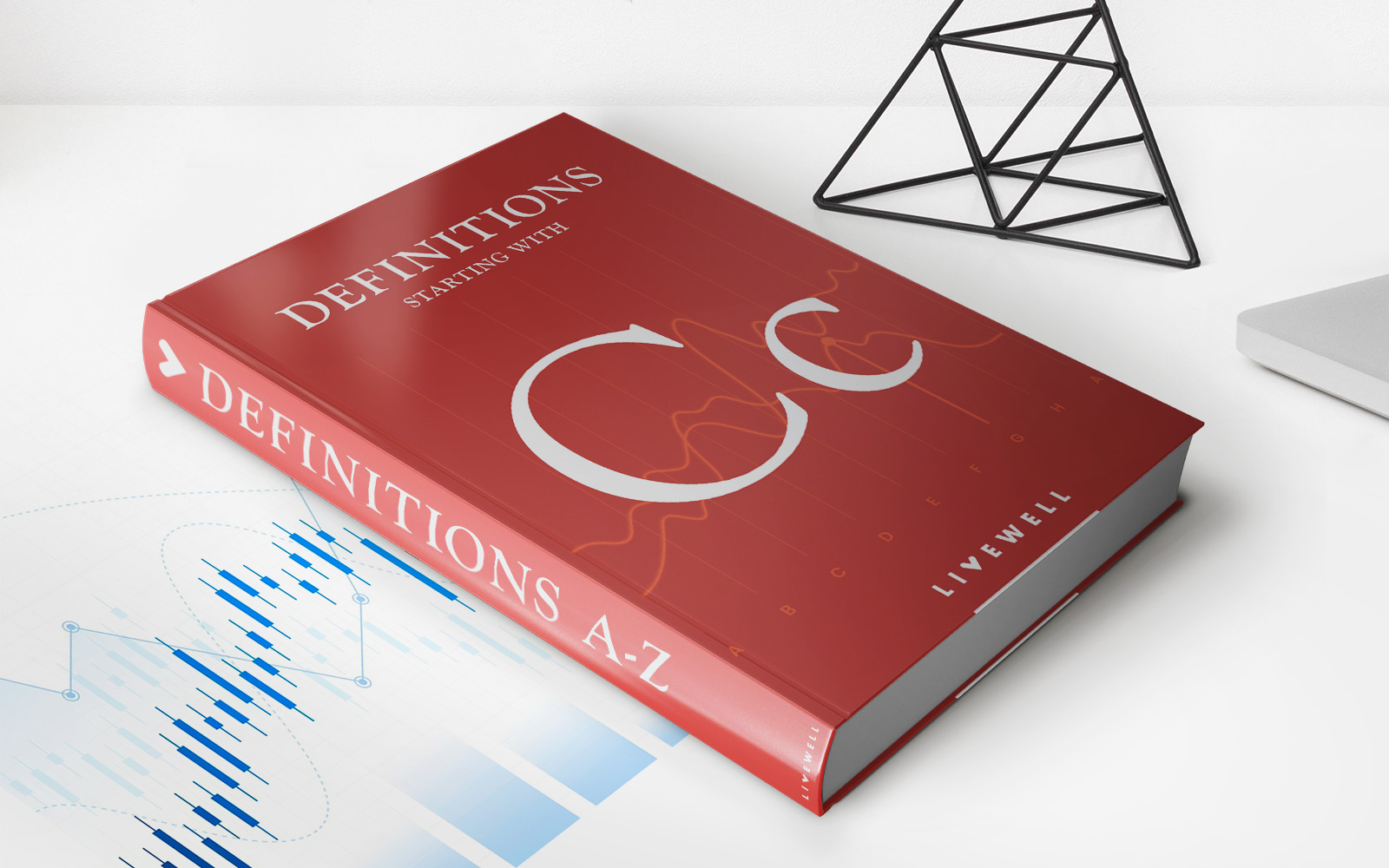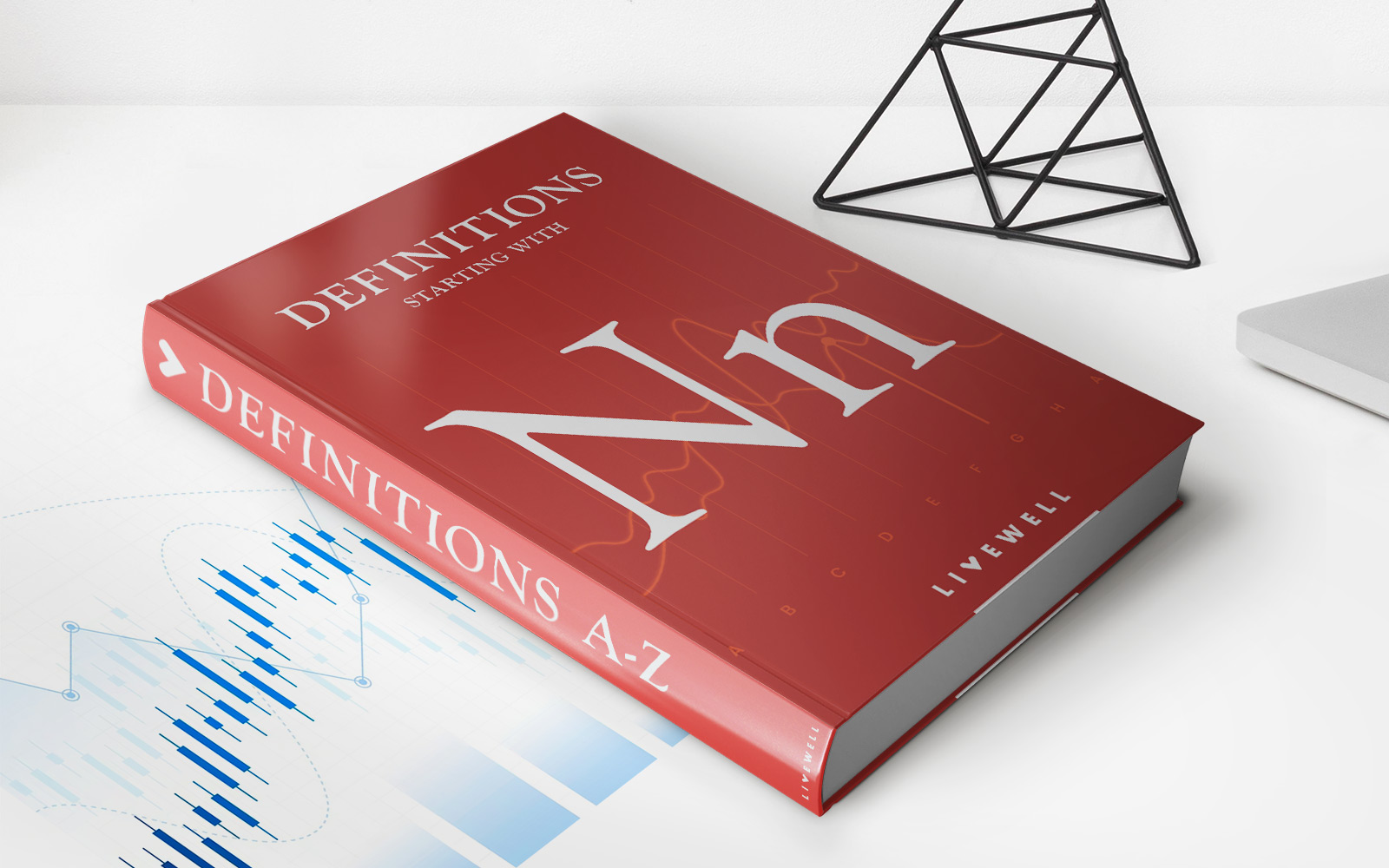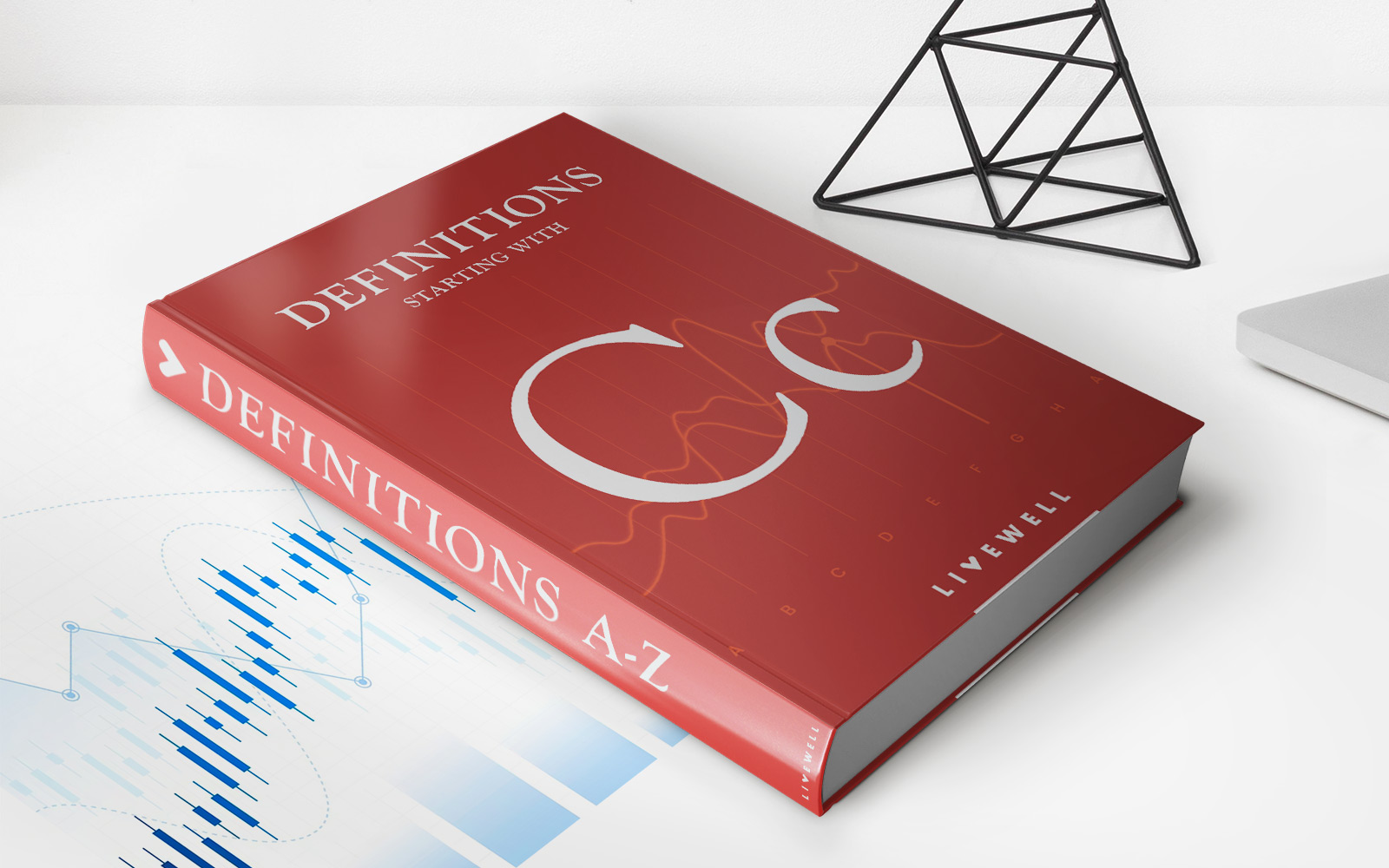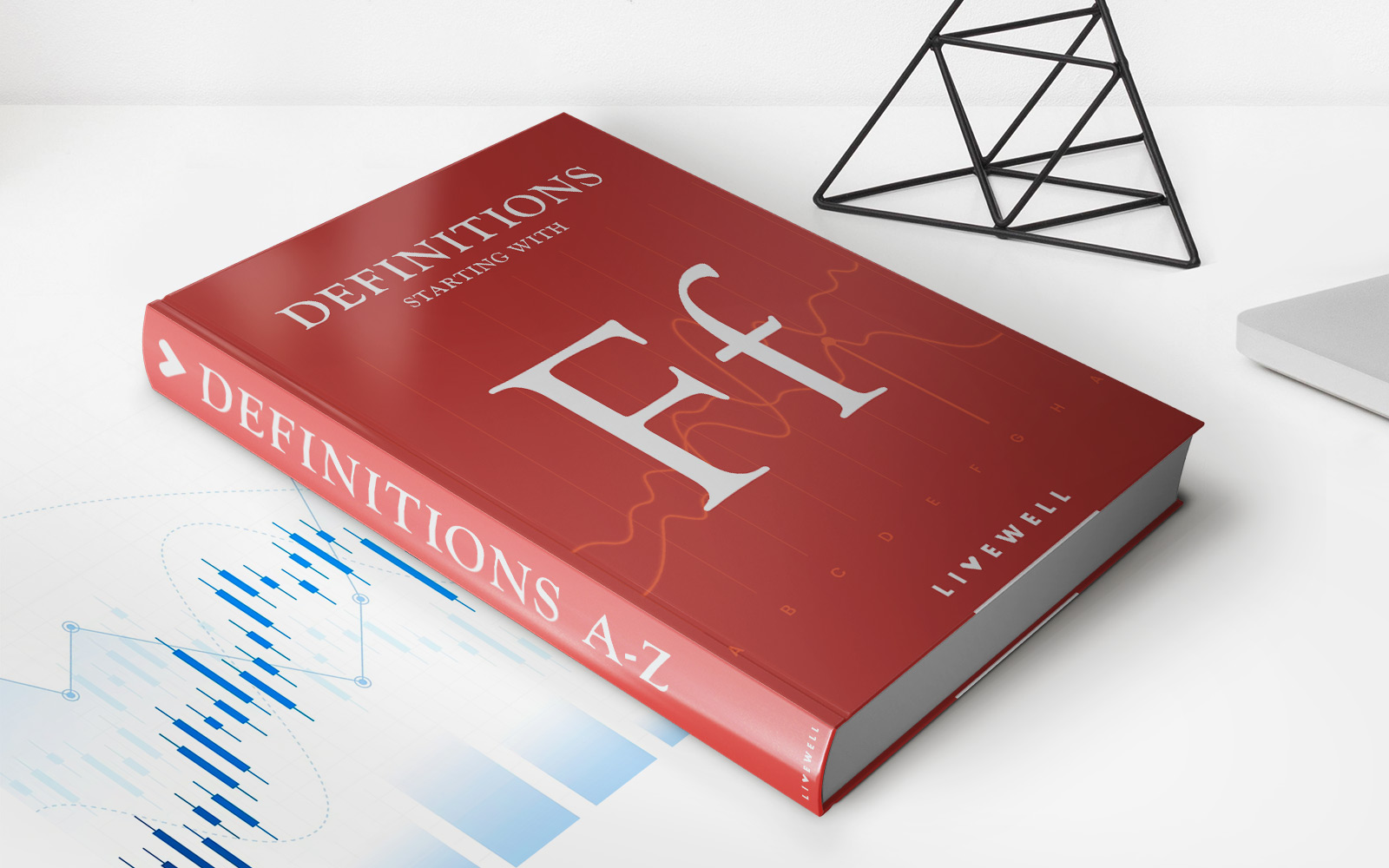

Finance
Finite Risk Insurance Definition
Published: November 24, 2023
Looking for the definition of finite risk insurance in the world of finance? Discover what it means and how it impacts the financial industry today.
(Many of the links in this article redirect to a specific reviewed product. Your purchase of these products through affiliate links helps to generate commission for LiveWell, at no extra cost. Learn more)
Exploring the World of Finite Risk Insurance
When it comes to managing risks and ensuring financial stability, insurance plays a crucial role. One such type of insurance that often comes up in discussions is Finite Risk Insurance. But what exactly does this term mean, and how does it impact the world of finance? In this blog post, we will delve into the concept of Finite Risk Insurance and shed light on its significance in the field of risk management.
Key Takeaways:
- Finite Risk Insurance provides coverage for a specific period, limiting the insurer’s liability.
- It’s designed to address complex risks not easily covered by traditional insurance policies.
Firstly, let’s define Finite Risk Insurance. In simple terms, it is an alternative risk transfer tool utilized by businesses to mitigate and manage risks that are not adequately covered by traditional insurance policies. Unlike traditional insurance, which offers coverage indefinitely, Finite Risk Insurance applies for a defined period, making it a finite arrangement.
The primary purpose of Finite Risk Insurance is to allow businesses to take control of their risks by setting specific limits on coverage. By doing so, companies can avoid unexpected and potentially massive financial losses if such risks were to materialize. This insurance approach is especially useful for risks that fall outside the scope of regular insurance policies, such as intellectual property or product liability.
Now, let’s take a closer look at how Finite Risk Insurance affects the financial landscape:
1. Improved Risk Management:
Finite Risk Insurance provides businesses with an additional layer of protection, allowing them to exert greater control over their risks. By setting specific limits on coverage, organizations can better manage their financial exposure and allocate resources more effectively. It enhances risk mitigation strategies and strengthens financial stability, making it an attractive option for many businesses.
2. Tailored Coverage:
Unlike traditional insurance policies, Finite Risk Insurance offers customized coverage based on a company’s specific needs. It allows businesses to address risks that are typically difficult to insure under standard policies. This tailored approach ensures that businesses have the necessary protection in place for their unique risks, minimizing potential disruptions and potential financial setbacks.
Whether you are a business owner looking for innovative risk management solutions or a financial professional interested in exploring alternative insurance options, understanding Finite Risk Insurance is crucial. As a specialized tool offering targeted coverage for complex risks, it provides a valuable avenue for businesses to safeguard their financial well-being.
So, the next time you encounter the term “Finite Risk Insurance,” you’ll be well-equipped to comprehend its significance and potential benefits. Remember, the key to successful risk management lies in leveraging appropriate insurance tools and strategies to protect your interests and ensure long-term financial stability.

